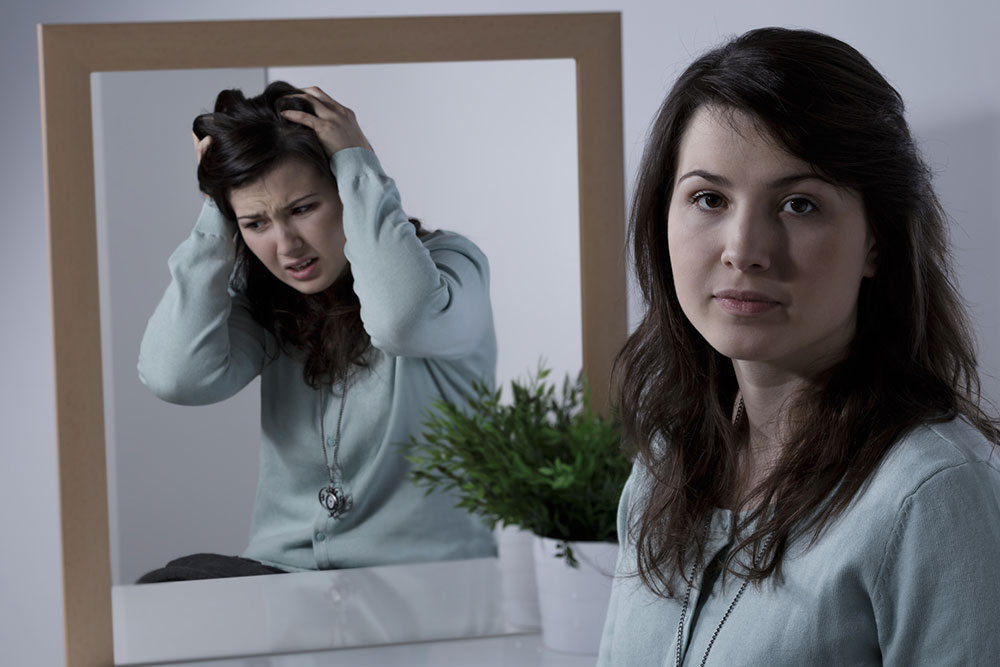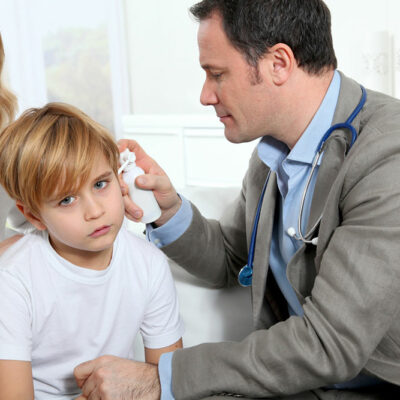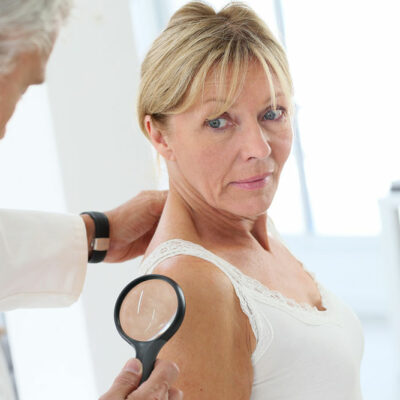
Understanding the basics of obsessive-compulsive disorder
The human brain is forgetful, which is a good thing as it helps us remain in the moment. However, the forgetful nature of the mind often compels us to double-check certain things like the car lock, gas burner, oven, and more. Double-checking is a common way to ensure that we performed certain important actions. On another note, there is a behavior some people express where they obsess over certain things where they are forced by their anxious mind to triple check or quadruple check things. This behavior is looked at as an obsessive-compulsive disorder, commonly known as OCD.
To understand this disorder better, one must know that it is an anxiety disorder where people have recurring and unwanted thoughts, ideas, or sensations that compel them to do something repetitively. There are many ways one can tell if someone is suffering from an obsessive-compulsive disorder. These ways can also be considered as symptoms of the said disorder.
Symptoms of obsessive-compulsive disorder
The symptoms of OCD usually have 4 different patterns that include the following:
- Obsession : When someone cannot stop thinking about a distressing thought, urge, or image.
- Anxiety : The obsession may force the mind to think of something unpleasant to an extent where the mind becomes extremely anxious.
- Compulsion : The thoughts that a person is obsessing on and the anxiety caused by those thoughts often force them to perform certain tasks repetitively.
- Temporary relief : The compulsive behavior of a person does stop in intervals, but the person starts thinking of them again before long.
Fears in obsessive-compulsive disorder
People who have OCD also present different kinds of fears. Some of them are mentioned below:
- Fear of germs or dirt : This fear can make people take extreme precautions while touching things that have been touched by other people. To combat this fear, they often wear gloves, use a tissue to open doors, turn the lights on or off, or wash their hands too often. People with OCD and this fear also refrain from shaking hands with other people to avoid germs or dirt.
- Fear of hurting themselves or someone else : These people often fear making a mistake and therefore need constant encouragement or reassurance from other people that they are not making a mistake.
- Fear of embarrassment : When people have this fear, they are scared of not being able to control themselves in public and yell out curse words in public and embarrass themselves.
Diagnosing obsessive-compulsive disorder
OCD is a vague disorder. In some cases, people suffering from OCD may have all the symptoms, while, in other cases, they might have only a few. With the help of multiple choice questions tests, one can find out whether they have OCD or not. These multiple choice question tests often contain questions about repetitive thoughts, fears, pet peeves, and other related things.
Apart from the self-diagnosing tests, one can also take the help of other medical ways of diagnosing OCD. This includes physical exams, lab tests, psychological evaluation, and diagnostic criteria for OCD.


